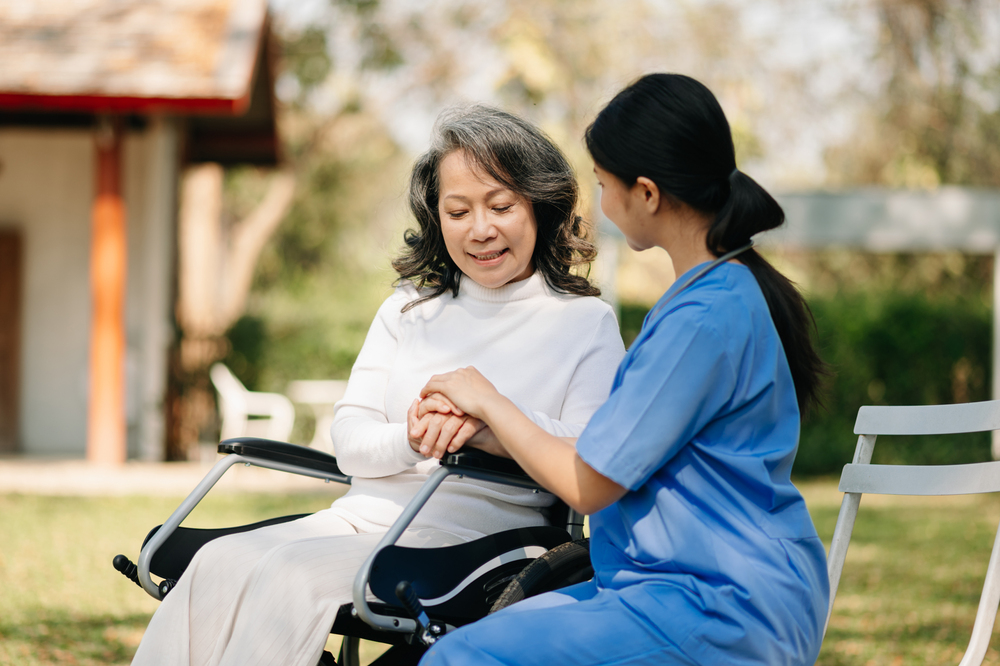Hand Hygiene for Seniors: Preventing Infections in Home Care
Introduction Hand hygiene is one of the simplest yet most effective ways to prevent infections, especially among seniors receiving home care. As older adults have weakened immune systems, they are more vulnerable to illnesses caused by bacteria, viruses, and other pathogens. Proper hand hygiene reduces the risk of infections and promotes overall well-being. This article…
Read more












